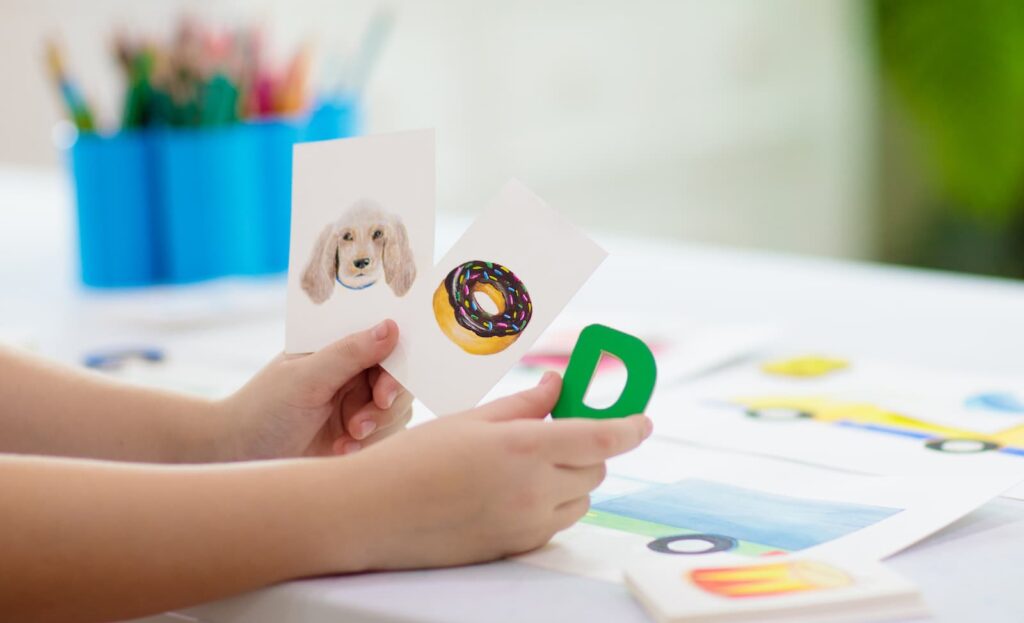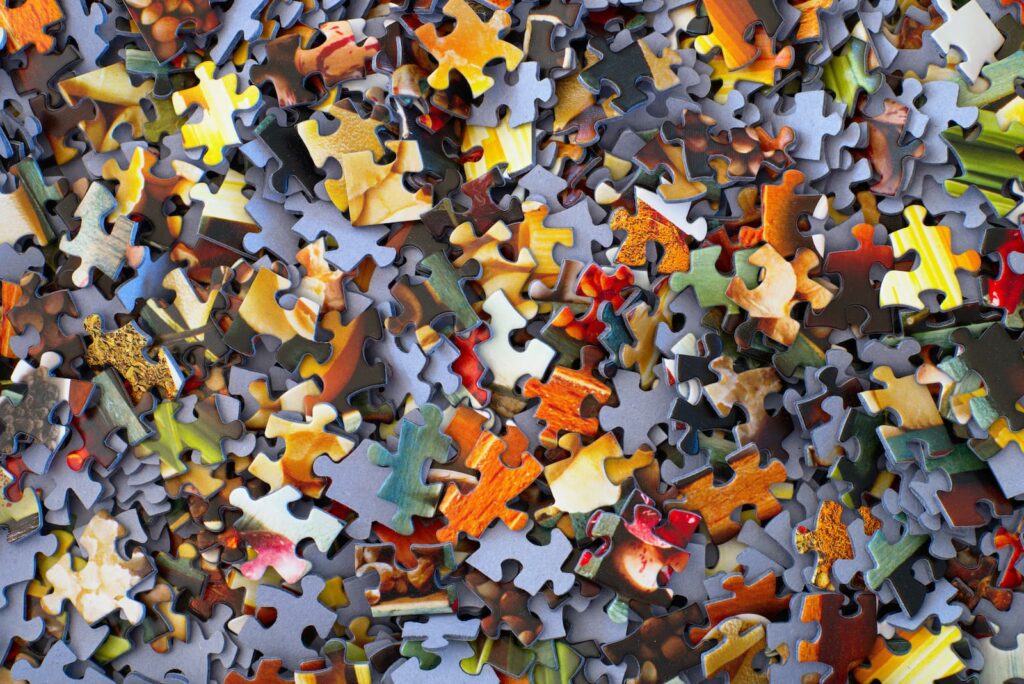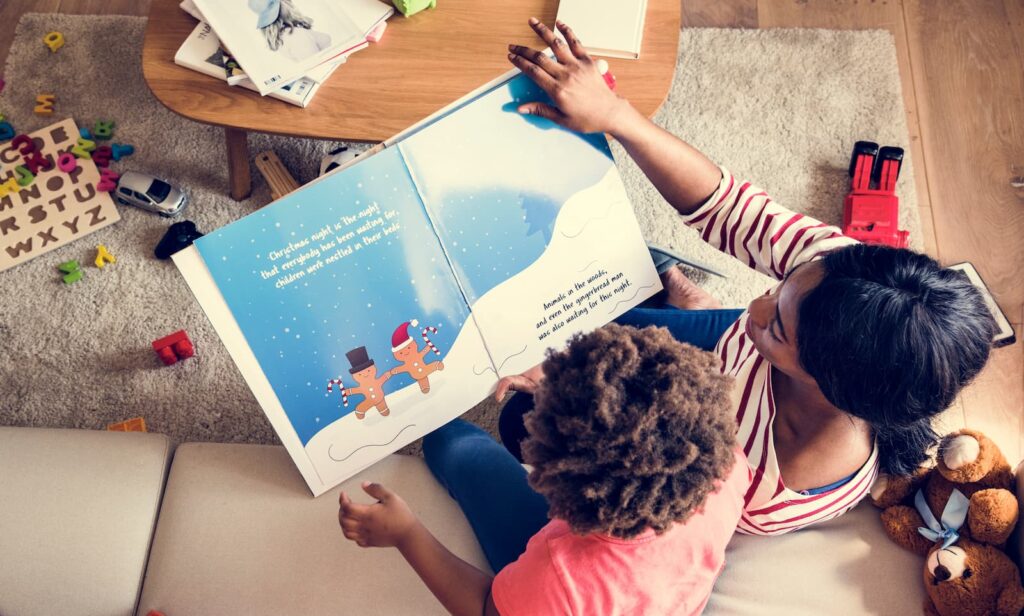
Toys and Learning Materials to Recommend to Parents of Young Learners

Humans learn in a variety of ways, and one that's particularly effective for children is called "kinesthetic learning." This term refers to learning through experiences and activities rather than through things like reading, writing and listening.
Because kinesthetic learners want to move and touch things, toys and other physical objects are a great way to get them engaged in their education.
If the parents of your young students have questions about toys to help their children’s English development, we have a list of suggestions for you to recommend.
Alphabet blocks
Alphabet blocks are classic toys that can be found almost anywhere there are young children. They let kids physically connect with language by moving blocks around to spell simple words.
Alphabet blocks help children understand the differences between letters not only visually but also by feeling shapes. This helps to form two connections in their minds instead of just one.
Flashcards

Flashcards are simple, inexpensive tools that offer great value. It’s not always convenient to carry a book or a toy, but carrying a small stack of cards in your pocket or bag is easy.
Flashcards don't require preparation or study partners. Plus, they can be used for vocabulary (like recognizing pictures of animals) or grammar (for example, simple sentence structures).
Additionally, flashcards are a great way to strengthen "active recall," the ability to remember information without extra clues or context.
Word games
There are lots of party games all about vocabulary, spelling and word recognition. And because players need to be fast when competing against others, learners have plenty of motivation to improve!
Here are a few great examples you can recommend:
Many word games can be played digitally, but as we mentioned earlier, adding a physical experience can lead to stronger connections in the mind and deeper understanding.
Physical games also mean less time spent looking at screens, which is healthy for both children and adults. And speaking of adults, word games — just like flashcards — are great for all ages.
Puzzles

Puzzles are a surprisingly useful tool for language learners.
Imagine a puzzle that forms a picture of an animal or scene. By talking while putting the pieces in place, children can learn new vocabulary and practice using it to describe what they see. And when they're finished, they have a nice picture that they helped to create! 🖼️
Puzzles are available with many different designs and themes, so there's something that will appeal to every child’s taste.
Magnetic letters
Similar to alphabet blocks, magnetic letters are another great tool for letting kids get hands-on with language. Plus, their ability to stick on surfaces means they can stay visible and act as reminders for new vocabulary. The refrigerator door may get a little messy, though!
Once their skill has improved enough, learners can move up to using magnetic words to form phrases and eventually, full sentences.
Potato Head
This is another classic toy that generations of kids grew up playing with.
While interacting with the various pieces, kids can learn and practice vocabulary for different parts of the face and body. They can also use Potato Head to talk about what each part of the face and body is used for in English.
Picture books

Simple stories can help kids gain new vocabulary, improve reading skills and learn how to talk about basic situations in English.
But that's not all; reading has many benefits that go beyond just language, including improving focus and developing a longer attention span. These are things that even many adults need help with 😅
Sequencing cards
Sequencing cards let kids use pictures to put things in order, recognize patterns and make predictions. This gives them the tools they can use to start retelling stories and even creating their own by describing the beginning, middle and end of events in English.
Just like puzzles, sequencing cards come in a variety of themes for you to choose from. And like all of the suggestions on this list, they don’t cost much money.
Related article: Turn Students Into Master Storytellers With These Key Phrases
Writing prompts
How about some materials that encourage writing?
Books like One Question A Day - A Year-Long Journal for Kids help slightly older learners get into a habit of thinking and writing in English. Each day presents a fun question that will stir a child's imagination, encourage deep thought and reflection, and possibly even foster a love of writing.
Wrap-up
Toys and games can be fun as well as educational. The suggestions we’ve listed can help young learners improve their vocabulary, boost their memory and strengthen their social skills.
These benefits aren't only great for developing English but are also foundational skills that are useful in all areas of life.
